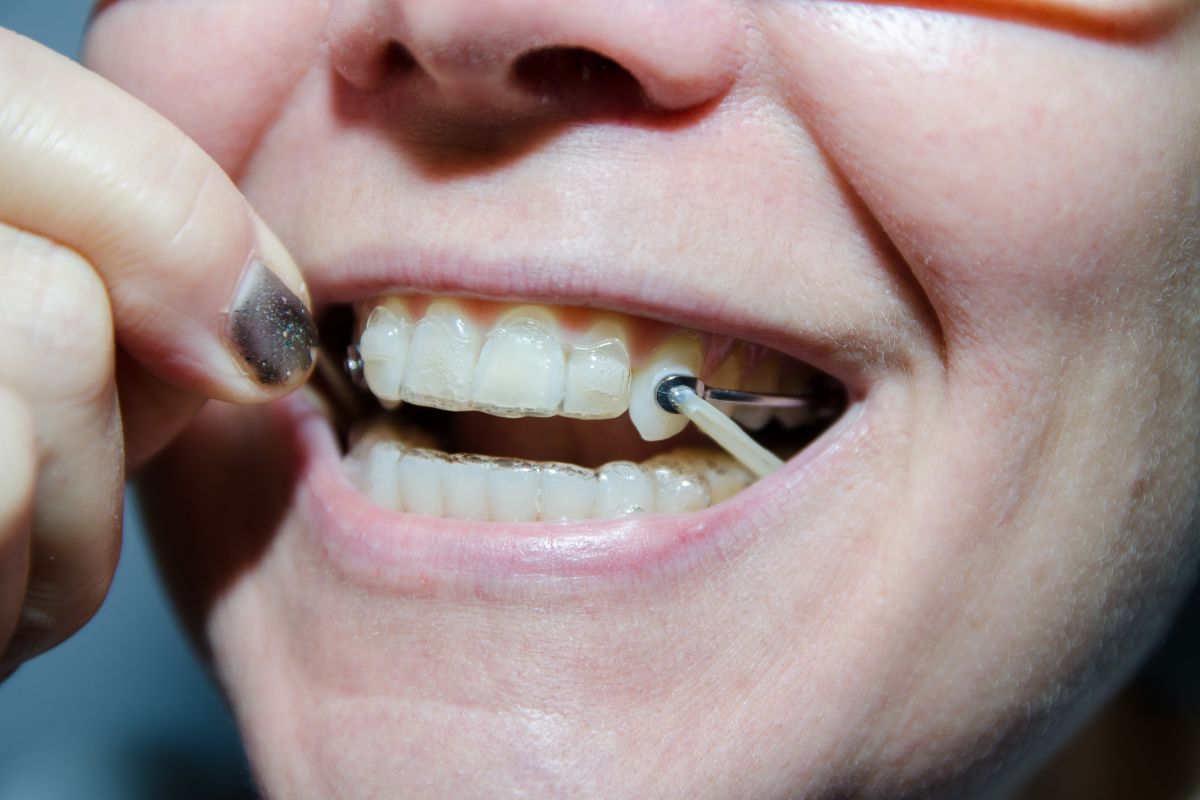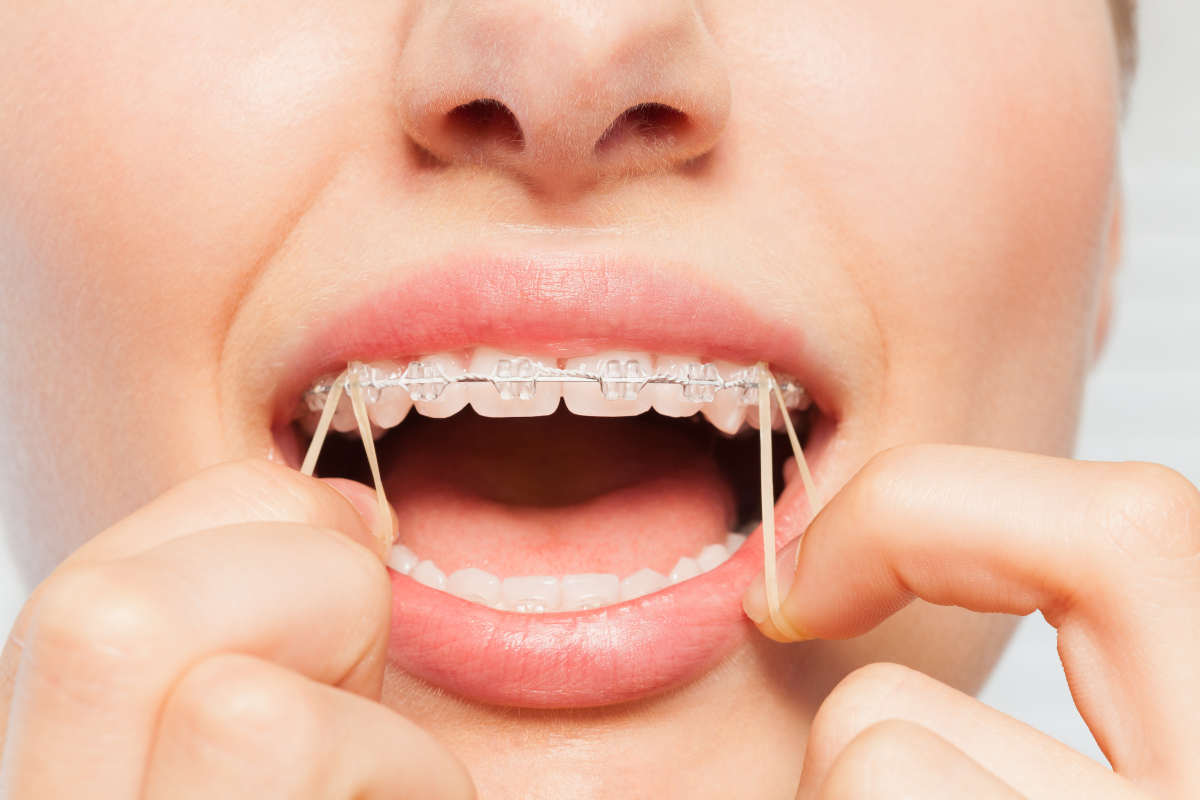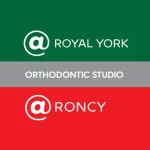Tension Headaches
It’s safe to say that most people will experience a tension headache at one time or another in their lives — and likely more often than that. While many tension headaches can be treated easily with over-the-counter medications, rest, or relaxation techniques, there are some headaches that are more severe and/or persistent in nature, which may require other techniques to relieve.
Tension headaches, also known as stress headaches, are the most common type of headaches affecting adults. There are two main types of tension headaches: episodic, which are generally mild to moderate in severity and occur less than 15 days per month; and chronic, which occur more than 15 times per month and are identified by pain that increases and decreases in severity, but persists for a prolonged period of time.
Episodic tension headaches tend to be more common and less severe. They are identified by mild-to-moderate pain around the forehead or back of the head and neck. They can last for as little as a half hour or, in more severe cases, can last for days.
Chronic tension headaches generally present around the front, top, or sides of the head. They are identified by a throbbing type of pain and while the pain may subside a bit, it does not actually cease.
What causes tension headaches?
There are a number of factors that can either cause or exacerbate tension headaches. The most common reasons are fatigue, stress, clenching and grinding teeth, and anxiety. Often caused by muscle tension, these headaches can also be related to overexertion and posture issues.
How are tension headaches treated?
Depending upon the severity of the headache, there are a number of ways, both medicinal and environmental, that have proven to be effective.
The most common treatment for many are over-the-counter pain relievers. Acetaminophen (Tylenol), ibuprofen (Advil, Motrin), and Naproxen (Aleve) have all proven to be effective for mild-to-moderate tension headaches.
For more severe or persistent headaches, a complete evaluation of the myofacial tissues is recommended. Based upon these findings, a nightguard, orthodontic therapy, relief of muscle tension with Botox Injections, or combination therapy can be prescribed.
The one thing to stress is that it’s never “just a headache.” Although often described as minor or moderate, tension headaches can be debilitating and impact one’s quality of life. They can cause nausea, sensitivity to light and sound, and impact sleep. Treatment at the early onset of symptoms is always the best strategy, but we strongly encourage anyone who is concerned about the severity or frequency of their headaches to contact a medical/dental professional.
Training for dentists. Patient volunteers for treatment. Register at botoxtrainingcentre.ca

Recent Posts
-
Inside the World of Orthodontists: Education, Precision, and Transformative Treatments
The Evolution of Orthodontics: A Brief Historical Overview Orthodontics, an integral branch…
-
How Orthodontists Plan a Treatment for a Beautiful Smile
Understanding the Patient's Unique Needs A positive self-image and confidence can result…
-
Unleash Your New Smile! Here's What You Need to Know Before Braces Removal
Are you excited to see your smile transformation? Taking your braces off…
-
Traits That a Good Orthodontist Should Have
Choosing an orthodontist is half your smile transformation journey. That’s why in…
-
How Braces Can Help Fix an Asymmetrical Jawline
An asymmetrical jawline can cause concern for many individuals, affecting their appearance…
-
Can Cavities Be Reversed?
Cavities are among the most common dental issues people of all ages…
-
What to Prepare During Your First Braces Appointment
Are you about to embark on your journey to a beautiful smile…
-
Taking Care of Baby Teeth: A Comprehensive Guide for Parents
Caring for our children's health is one of our most crucial responsibilities…
-
What are Brace Elastics?
If you or someone you know is undergoing orthodontic treatment with braces,…
-
Difference Between an Overjet and Overbite: A Comprehensive Guide
Two orthodontic terms that often confuse our patients are "overjet" and "overbite."…







 Instagram
Instagram
